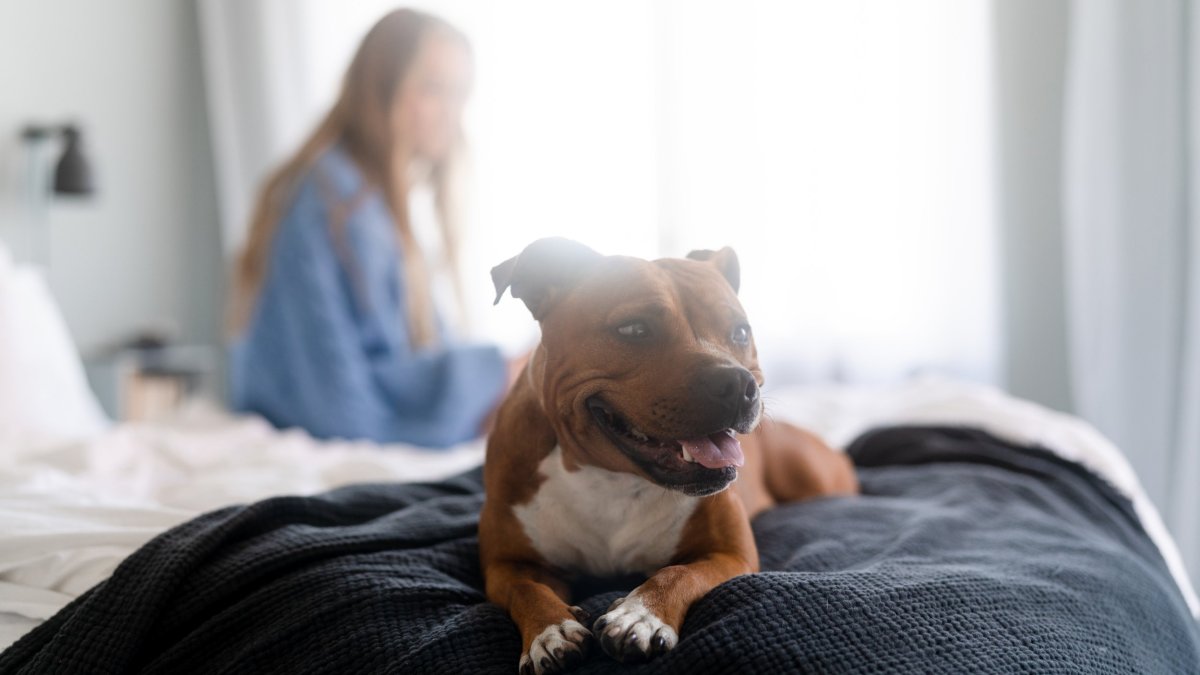On the YouTube channel It’s Me or the Dog, with 1.3 million subscribers, an episode titled “Out-of-control dogs are ruining owner’s 20-year relationship” features presenter Victoria Stillwell assisting a couple troubled by their four unruly dogs. The couple’s arguments about the pets are juxtaposed with scenes of the giant dogs barking, pulling on leashes, and soiling the house.
By the episode’s conclusion, Victoria, acting as both a dog trainer and a marriage counselor, successfully reconciles the couple, and their once-disobedient animals now sit calmly. When asked if he still intends to leave the marriage, the husband responds with a smile and a shake of his head, gazing affectionately at the dogs.
A simple Google search for “Dog ruined my ” yields numerous articles, TikTok videos, Reddit discussions, and YouTube clips, all revolving around a common dilemma: Can one love both their dog and their partner simultaneously? The answer, it seems, is a challenging one.
I can relate to this dilemma. Initially, my husband was not fond of dogs, lacking prior experience with them. Adjusting to living with my Dalmatian, Spotty, posed challenges as he was hesitant about her sharing our bed and lounging on the furniture. Disagreements arose during walks, with him advocating for leashes while I preferred her freedom (not recommended).

With time, I managed to convert him into a dog enthusiast, unfazed by our German Shorthaired Pointer, Percy, occupying every available surface. How did I achieve this? Through sheer persistence.
In the UK, dogs are increasingly integrated into households, especially post-pandemic. Statistics reveal that there are currently 11 million dogs in the UK, with 29% of adults owning one, emphasizing their role as companions rather than mere functional pets for hunting or guarding.
The Victorian era initiated a trend of keeping dogs as household companions, evolving into the contemporary craze for “designer” dogs like doodles. This shift has blurred the lines between human and canine identities, with dogs no longer perceiving themselves as typical animals. This transition is evident from personal experience.
Emma Power, an academic from the University of Western Sydney, highlights the significance of the home in human-dog relationships, emphasizing the importance of dogs adapting to domestic routines. Discrepancies in daily rhythms between dogs and household activities often lead to questioning the dog’s place in the home.
Conversations with dog owners reveal the impact of dog ownership on romantic relationships. Disputes over dog walking responsibilities, constant cleaning due to muddy paws, and even decisions regarding future children can be influenced by a dog’s presence.
Artistic experiences, like Romy Westwood’s account of her dog affecting intimacy in her past relationship, underscore the profound influence dogs can have on human interactions and lifestyle choices.
Beyond companionship, dogs are reshaping household dynamics, interpersonal connections, and even reproductive decisions, raising questions about the evolving nature of modern relationships.
As dogs increasingly play a pivotal role in domestic life, the complexities of balancing romantic relationships with canine companionship come to the forefront. The intertwining of human and dog lives prompts reflection on the challenges and joys that come with navigating these intricate relationships.
